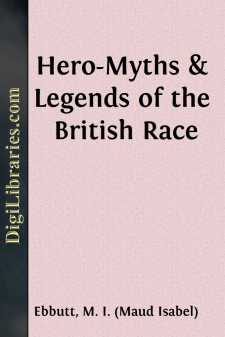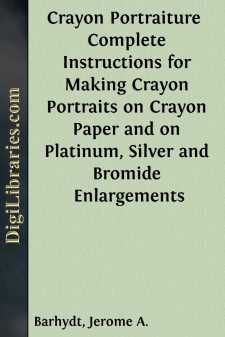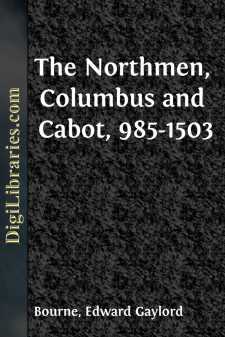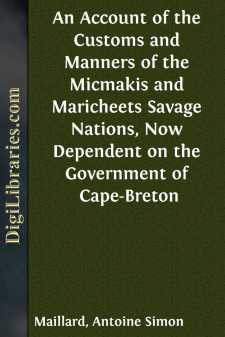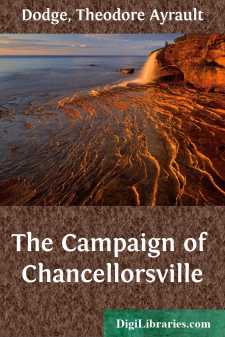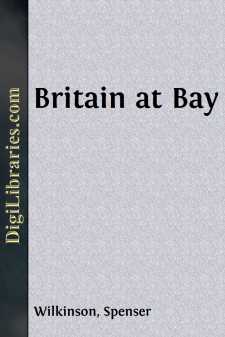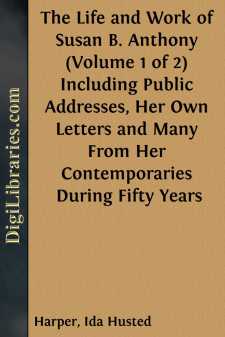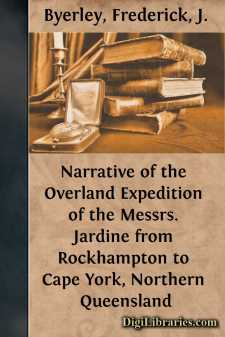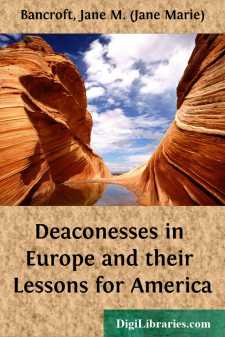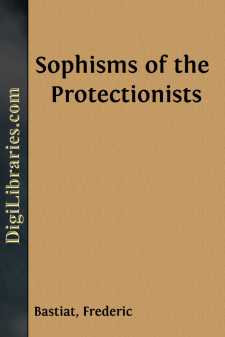Non-Classifiable
- Non-Classifiable 1768
Non-Classifiable Books
Sort by:
INTRODUCTION THE writer who would tell again for people of the twentieth century the legends and stories that delighted the folk of the thirteenth and fourteenth centuries finds himself confronted with a vast mass of material ready to his hand. Unless he exercises a wise discrimination and has some system of selection, he becomes lost in the mazes of as enchanted a land,“Where Truth and Dream walk...
more...
PREFACE. In issuing this second treatise on Crayon Portraiture, Liquid Water Colors and French Crystals, for the use of photographers and amateur artists, I do so with the hope and assurance that all the requirements in the way of instruction for making crayon portraits on photographic enlargements and for finishing photographs in color will be fully met. To these I have added complete instructions for...
more...
INTRODUCTION The important documents from Norse sources that may be classed as “Original Narratives of Early American History” are the Icelandic sagas (prose narratives) that tell of the voyages of Northmen to Vinland. There are two sagas that deal mainly with these voyages, while in other Icelandic sagas and annals there are a number of references to Vinland and adjacent regions. These two sagas...
more...
A LETTER, &c. Micmaki-Country, March 27, 1755. SIR, I should long before now have satisfied you in those points of curiosity you expressed, concerning the savages amongst whom I have so long resided, if I could have found leisure for it. Literally true it is, that I have no spare time here, unless just in the evening, and that not always. This was my case too in Louisbourg; and I do not doubt but...
more...
I. INTRODUCTION. It must seem to the casual reader of the history of the war of 1861-65, that enough has already been written upon the campaign of Chancellorsville. And there are numerous brilliant essays, in the histories now before the public, which give a coup-d'oeil more or less accurate of this ten-days' passage of arms. But none of these spread before the reader facts sufficiently...
more...
ITHE NATION AND THE PARTIES"I do not believe in the perfection of the British constitution as an instrument of war ... it is evident that there is something in your machinery that is wrong." These were the words of the late Marquis of Salisbury, speaking as Prime Minister in his place in the House of Lords on the 30th of January 1900. They amounted to a declaration by the British Government that...
more...
CHAPTER I. ANCESTRY, HOME AND CHILDHOOD. Among the Berkshire Hills of Massachusetts is a very beautiful place in which to be born. It is famed in song and story for the loveliness of its scenery and the purity of its air. It has no lofty peaks, no great canyons, no mighty rivers, but it is diversified in the most picturesque manner by the long line of Green Mountains, whose lower ranges bear the...
more...
The Settlement of Northern Australia has of late years been of such rapid growth as to furnish matter for a collection of narratives, which in the aggregate would make a large and interesting volume. Prominent amongst these stands that of the Settlement of Cape York, under the superintendence of Mr. Jardine, with which the gallant trip of his two sons overland must ever be associated. It was a journey...
more...
INTRODUCTION. How far, and in what form, ought woman’s work in the Church to be organized? What was the deaconess of St. Paul’s epistles? What light on this subject do the primitive and the mediæval Churches yield us? Can “sisterhoods” be established without weakening the sense of personal responsibility in those Christian women who are not thus wholly set apart to charitable and spiritual...
more...
by:
Frederic Bastiat
PREFACE. A previous edition of this work has been published under the title of "Essays on Political Economy, by the late M. Frederic Bastiat." When it became necessary to issue a second edition, the Free-Trade League offered to buy the stereotype plates and the copyright, with a view to the publication of the book on a large scale and at a very low price. The primary object of the League is to...
more...


